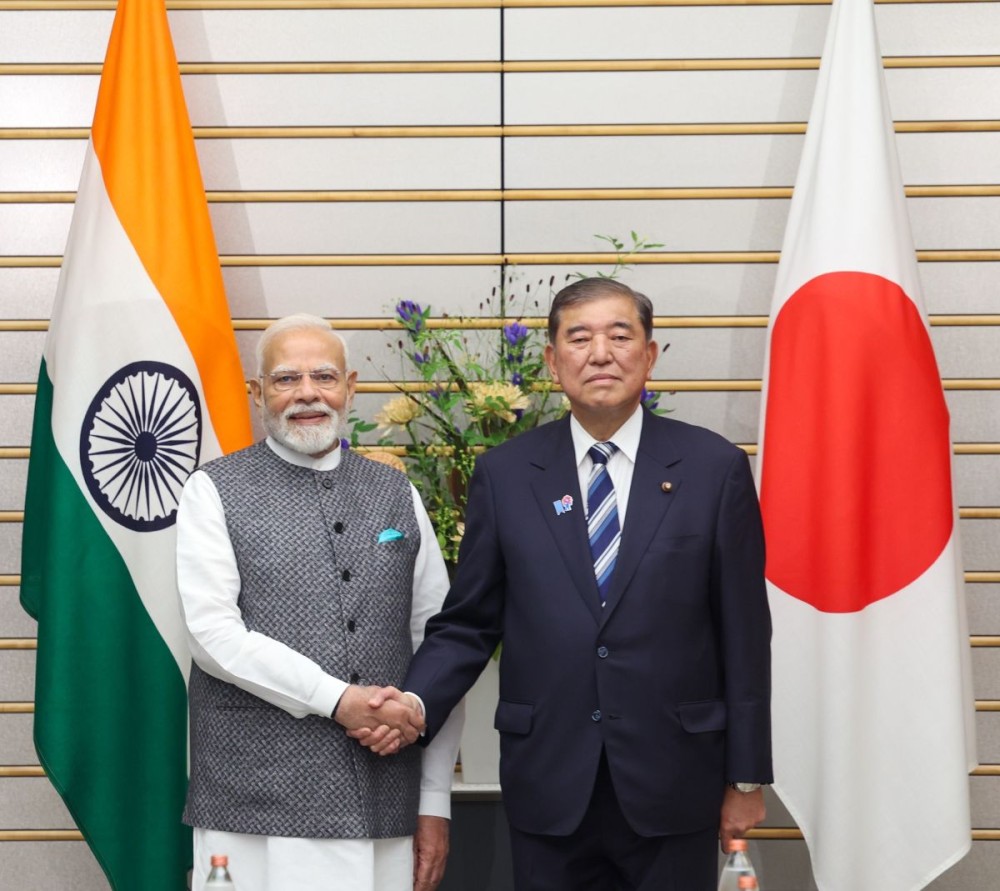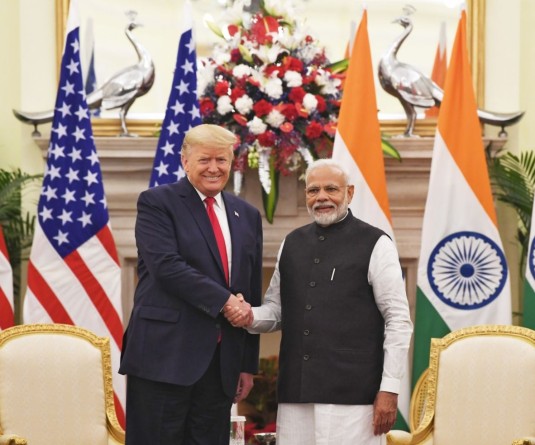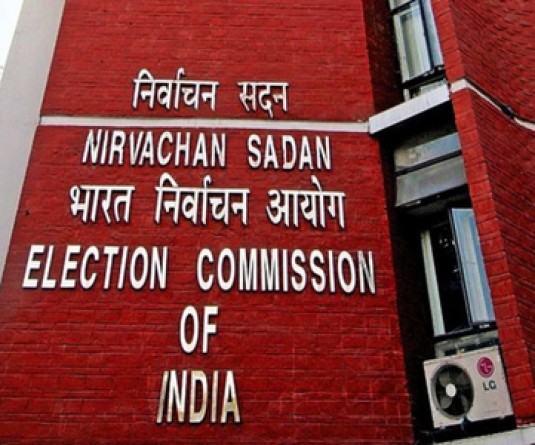(Narendra Modi's X account)

New Delhi, October 11 (IANS) Prime Minister Narendra Modi's recent visit to Tokyo established financing and labour frameworks that enable India and Japan to enhance their economic influence in Central Asia and the SCO region, a report has said.
This could be achieved through a Japan-India Eurasia Investment Partnership, combining Japanese funding with Indian execution capabilities, according to the report from Japan Forward.
Initial projects could focus on logistics hubs, renewable energy ventures, and agro-processing plants that address the region's immediate economic needs while opening new markets for Japanese and Indian firms, the report noted.
India's investments in Chabahar Port and the International North-South Transport Corridor (INSTC) remain underleveraged, it quoted analysts as saying.
With Japanese technical and financial support, these can become reliable routes that connect Japan and India to Eurasian markets more efficiently.
Another avenue of co-operation is the establishment of joint industrial parks in countries like Uzbekistan or Kazakhstan, the report hinted.
These could be by the Indian pharmaceutical and IT firms, combined with Japanese capital goods manufacturers, to generate employment and exports.
Japan's patient private capital, advanced manufacturing, and project management, combined with India's competitive manufacturing base, services sector, and affordable pharmaceuticals, could create jobs and enhance exports through these parks.
Both countries share an interest in providing a transparent, credible alternative to China's Belt and Road model, which has created concerns in parts of the region over debt and dependence.
During PM Modi's visit, Japan announced a commitment of 10 trillion Japanese yen in private investment in India over the next five years. Leaders also introduced a mobility initiative aimed at facilitating the movement of 5 lakh people, including 50,000 skilled and semi-skilled Indian workers, to Japan.
A credible Japan-India presence in SCO member countries would not only rebalance China's overwhelming trade imperatives but also provide the region with genuine alternatives, the report mentioned.






